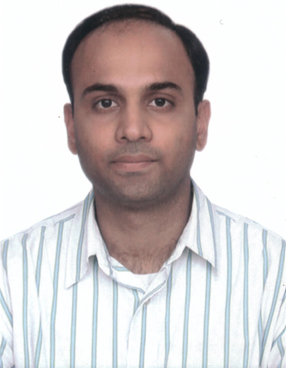Week 1- Basics of Estimation, Maximum Likelihood (ML)
Week 2- Application: Wireless Sensor Network, Reliability of Estimation
Week 3- Application: Wireless Fading Channel Estimation, Cramer-Rao Bound for Estimation
Week 4- Vector Parameter Estimation, Properties of Estimate; Applications: Multi-antenna Wireless Channel Estimation
Week 5- Application: MIMO Wireless Channel Estimation, Error Covariance of Estimation, Equalization for Frequency Selective Channels
Week 6- Application: OFDM Estimation, Sequential Estimation
Week 7- Minimum Mean-Squared Error (MMSE) Estimate, Gaussian Parameter
Week 8- Application: Wireless Sensor Network, Wireless Fading Channel Estimation
Week 9- Application: MMSE Estimation for Multi-Antenna Channel
Week 10- Application: MMSE for MIMO Channel Estimation, Properties of Estimate
Week 11- Application: MMSE for Equalization of Wireless Channel
Week 12- Application: MMSE for OFDM Channel Estimation

DOWNLOAD APP
FOLLOW US